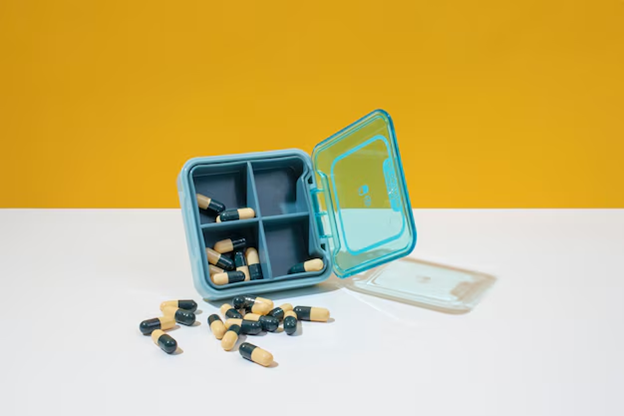In today’s world, the need for secure storage and access control has become increasingly important, especially in sensitive industries such as healthcare, finance, and government. Protecting sensitive information and assets is crucial to maintaining trust, compliance, and the integrity of these critical sectors. In this article, we’ll explore the key considerations and best practices for implementing robust security measures.
Importance of Secure Storage
Sensitive industries often handle confidential data, valuable assets, and mission-critical information that must be safeguarded at all times. Proper storage solutions are essential to prevent unauthorized access, theft, or misuse of these critical resources. Implementing secure storage systems, such as 24/7 locksmith services, can help organizations mitigate the risks of data breaches, financial losses, and reputational damage.
Access Control Strategies
Controlling who has access to sensitive areas and resources is a fundamental aspect of security. Sensitive industries must implement robust access control measures to ensure that only authorized personnel can gain entry. This may include the use of biometric authentication, key cards, or other advanced access control technologies. Regular audits and monitoring of access logs can help identify and address any potential security breaches.
Regulatory Compliance
Many sensitive industries are subject to strict regulatory requirements, such as HIPAA in healthcare or FINRA in finance. Compliance with these regulations is not only a legal obligation but also a critical aspect of maintaining the trust and confidence of clients, patients, and stakeholders. Secure storage and access control solutions must be designed and implemented to meet or exceed the standards set forth by these regulatory bodies.
Disaster Recovery and Business Continuity
In the event of a natural disaster, cyber attack, or other emergency, the ability to quickly recover and restore critical operations is essential. Sensitive industries must have robust disaster recovery and business continuity plans in place, which include secure off-site storage of backups and redundant systems. This ensures that sensitive data and assets can be quickly accessed and restored, minimizing downtime and disruption to operations. Additionally, these plans should include regular testing and drills to ensure that the recovery process is effective and efficient. Furthermore, having a clear chain of command and communication protocols in place can help ensure that the recovery process is coordinated and executed smoothly. Finally, maintaining a detailed inventory of critical systems and data can help expedite the recovery process and minimize the impact of any disruptions.
Pharmacy Safes: Securing Sensitive Medications
In the healthcare industry, the secure storage of controlled substances and other sensitive medications is of paramount importance. The pharmacy safes are designed to meet the stringent requirements set forth by regulatory bodies, providing a high level of physical security and access control. These specialized storage solutions help healthcare organizations comply with regulations, prevent diversion, and ensure the safety and integrity of their medication inventory.
Conclusion
Secure storage and access control are critical components of a comprehensive security strategy for sensitive industries. By implementing robust physical and digital security measures, organizations can protect their sensitive data, assets, and resources from unauthorized access, theft, and misuse. Compliance with industry regulations, disaster recovery planning, and the use of specialized storage solutions, such as Pharmacy Safes, are all essential elements of a secure and resilient security infrastructure. By prioritizing these security measures, sensitive industries can maintain the trust and confidence of their stakeholders, safeguard their operations, and ensure the continued success and integrity of their organizations.


